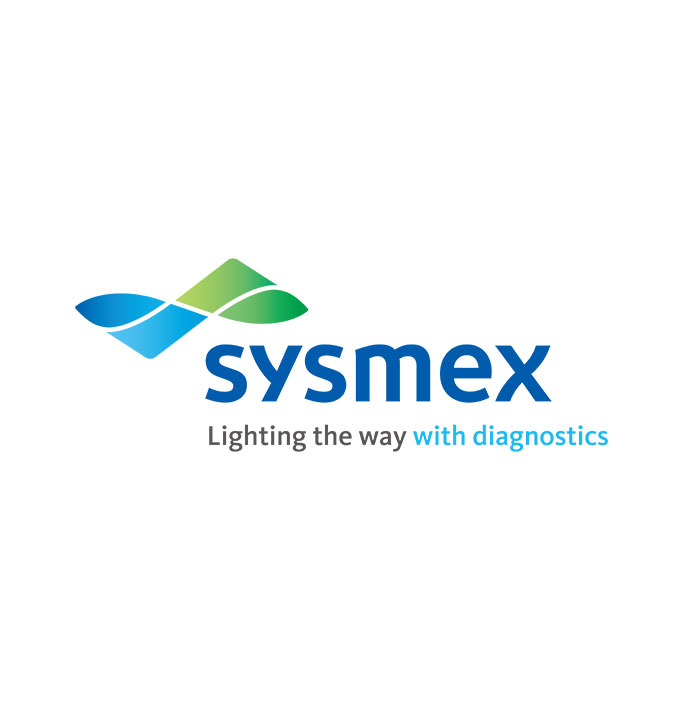Lorem ipsum dolor sit amet, consectetuer adipiscing elit onec odio uisque volutpat mattis eros ullam malesuada erat ut turpis uspendisse urna nibh, viverra non
– S. Famous
Be yourself; everyone else is already taken.
Never ever think of giving up. Winners never quit and quitters never win. Take all negative words out of your mental dictionary and focus on the solutions with utmost conviction and patience. The battle is never lost until you’ve abandon your vision.
But what if you’re really exhausted physically, mentally, and most of all emotionally? Here are some sources of motivation to prompt you in reaching the peak of accomplishment. Never ever think of giving up. Winners never quit and quitters never win. Take all negative words out of your mental dictionary and focus on the solutions with utmost conviction and patience. The battle is never lost until you’ve abandon your vision.



Never ever think of giving up. Winners never quit and quitters never win. Take all negative words out of your mental dictionary and focus on the solutions with utmost conviction and patience. The battle is never lost until you’ve abandon your vision.
Don’t cry because it’s over
Never ever think of giving up. Winners never quit and quitters never win. Take all negative words out of your mental dictionary and focus on the solutions with utmost conviction and patience. The battle is never lost until you’ve abandon your vision.
But what if you’re really exhausted physically, mentally, and most of all emotionally? Here are some sources of motivation to prompt you in reaching the peak of accomplishment.
Sed egestas, ante et vulputate volutpat, eros pede semper est, vitae luctus metus libero eu augue. Morbi purus libero, faucibus adipiscing, commodo quis, gravida id, est. Sed lectus. Praesent elementum hendrerit tortor. Sed semper lorem at felis. Vestibulum volutpat, lacus a ultrices sagittis, mi neque euismod dui, eu pulvinar nunc sapien ornare nisl. Phasellus pede arcu, dapibus eu, fermentum et, dapibus sed, urna.

